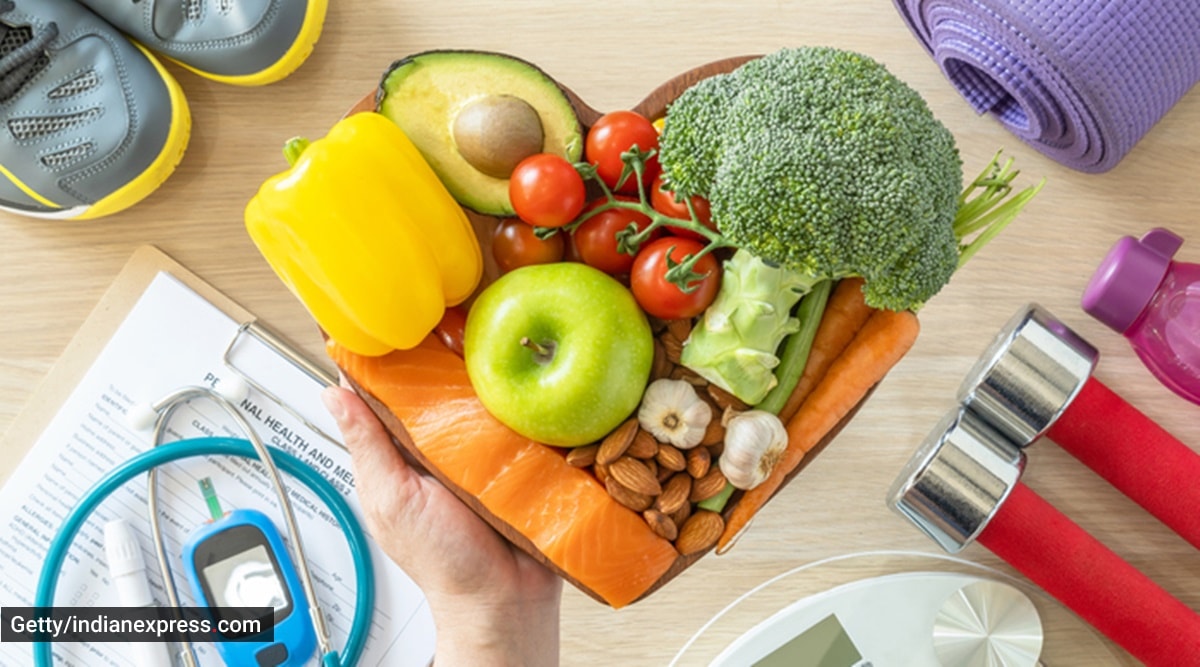World Health Day 2022: Simple ways to beat the summer heat and its ill effects

Indian summers are pretty harsh, and the sweltering heat can lead to many ill effects. The more time you spend in the heat, the more seriously it can impact your health, said Sanchita Pathak, senior consultant dietician, The Himalayan Organics.
She added that an increased internal body temperature, in turn, can cause heavy perspiring, sticky skin, dehydration, tiredness, cerebral pain, dizziness, sickness, muscle cramps, and a fast, feeble pulse. Besides sunstroke, urinary tract infections also peak during the season.
“Heat can also aggravate ‘non heat-related issues’ like kidney health, skin diseases, measles, jaundice and pre-term birth among pregnant ladies. In fact, heatstroke, heat fatigue, and dehydration are only a small section of the health risks associated with long stretches of extreme heat exposure,” she added.
What can be done?
Experts stress the importance of maintaining the level of electrolytes, like sodium and potassium that are pivotal for the optimum working of the brain and the nervous system, in the body. “And of course, drinking adequate amounts of water is a must to replenish the lost electrolytes, and also remove the excess from the kidneys where it can get concentrated to avoid complications,” she shared.
Few simple tips to follow
*Always apply sunblock or sunscreen to protect your skin from damage, and sunburn.
*Avoid direct sunlight for extended periods to keep your body temperature at a balanced level.
*Dress in lightweight, breezy, loosely fitting clothing.
*Pay attention to your body needs; if you begin to feel ill or faint, seek a cold environment and rest.
*It would be best to eat healthy and light, small, frequent meals. Heavy meals laden with large amounts of carbohydrates and fats give rise to heat within the body. Instead, have seasonal fresh fruits and vegetables with high water content. To keep yourself cool, have watermelon, oranges, sesame, coconut water, cucumber, tomatoes, mint, fennel seeds, etc. Avoid alcohol, fizzy drinks and coffee as they can leave you dehydrated, said Pathak.
*Pregnant women need to take special care. Fruits are abundant in vitamins, minerals, fibre, and good sugars. They give you energy, keep you full, and are great for skin and hair. They also aid in preventing constipation and achieving good digestion and bowel movement.
 How do you take care of your health? (Photo: Getty/Thinkstock)
How do you take care of your health? (Photo: Getty/Thinkstock)
Summer effects on skin
During summer, the skin’s sebaceous glands produce excess sebum (natural oil). Unfortunately, this oil sticks on the skin’s surface, leading to blocked pores. In addition, increased water loss from the body leads to dehydration, causing the skin to feel irritated, red, and dry. A few common summer skin problems are acne breakouts, dry skin, folliculitis, sun allergy, and heat rashes.
Remedies and precautions
A summer-friendly beauty routine that includes sunscreen, moisturising, minimal makeup, exfoliation, sun-protective clothes and washing sparingly will keep the skin happy and healthy. Washing the face often or using tissues to wipe a sweaty face helps avoids acne. Use of natural face packs with aloe vera gel or sandalwood powder is recommended.
 You can manage good hair in this summer too (Source: Getty Images/Thinkstock)
You can manage good hair in this summer too (Source: Getty Images/Thinkstock)
Summer hair care routine
Wash your hair with a hydrating shampoo followed by a hydrating conditioner. Apply serum or leave-in conditioner after washing. Style your hair with natural styling techniques instead of harsh styling tools. Apply a hair mask once every week.
Strawberries, bananas, zucchini, red bell peppers, tomatoes, gazpacho, lentils, flaxseeds, walnuts and hibiscus tea are summer beauty foods that are good for skin and hair. In addition, these provide vitamins A and C and biotin and zinc, which play a vital role in maintaining skin and hair health.
📣 For more lifestyle news, follow us on Instagram | Twitter | Facebook and don’t miss out on the latest updates!

